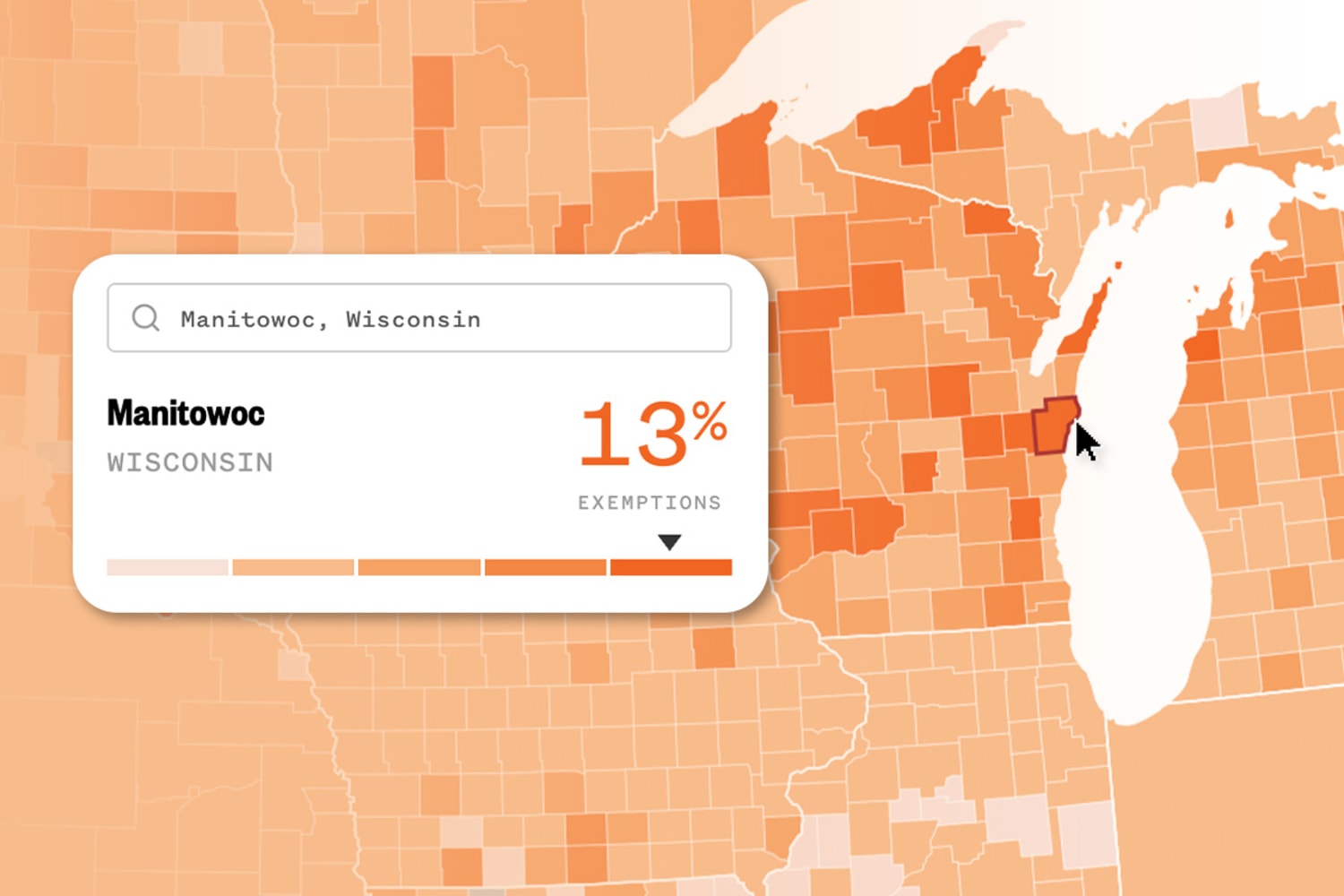Childhood vaccination rates are experiencing a significant decline in communities across the United States, according to a detailed investigation by NBC News. The analysis reveals that vaccination percentages have fallen markedly, with precise data being retained in state health department files and, in some cases, not recorded at all. This comprehensive examination covers more than 3,000 counties, highlighting areas most affected by the downward trend in immunization.
The investigation sheds light on a troubling pattern: as vaccination rates decrease, the risk of preventable diseases increases. Areas with low vaccination coverage are particularly vulnerable to outbreaks of diseases like measles and whooping cough, which can have severe consequences for children and vulnerable populations.
Specific Numbers and Regional Trends
The NBC News report indicates that some regions have seen vaccination rates drop below 70%, a threshold that health experts consider critical for herd immunity. In particular, states like California and Texas have reported concerning declines in childhood immunizations. The findings suggest that misinformation about vaccines and accessibility issues may contribute to these alarming trends.
In many instances, the data reveals discrepancies in reporting practices among different states. Some health departments have struggled to maintain accurate records, complicating efforts to monitor vaccination rates effectively. This lack of consistency raises questions about the overall public health strategy and the ability to respond to potential outbreaks.
Implications for Public Health
The decline in vaccination rates poses a serious challenge for public health officials. Vaccines have historically played a crucial role in preventing the spread of infectious diseases, saving countless lives. With the current downward trend, experts are calling for renewed efforts to educate communities about the importance of vaccinations.
Public health campaigns are essential to counteract vaccine hesitancy and misinformation. Initiatives that promote the benefits of immunization, alongside easy access to vaccines, are vital to restoring confidence in vaccination programs. Additionally, it is crucial for policymakers to address the systemic issues that may hinder access to vaccines, particularly in underserved communities.
The consequences of continued decline in vaccination rates could extend beyond immediate health risks. A resurgence of preventable diseases could lead to increased healthcare costs and strain on medical resources. Addressing these challenges will require a coordinated effort among health officials, community leaders, and families.
As the data continues to unfold, it is clear that vigilance and proactive measures are necessary to safeguard public health and ensure that children receive the vaccinations they need to thrive. The findings from NBC News serve as a critical reminder of the importance of maintaining high vaccination rates in order to protect communities across the nation.
